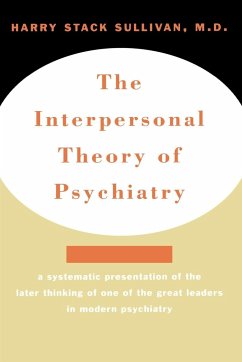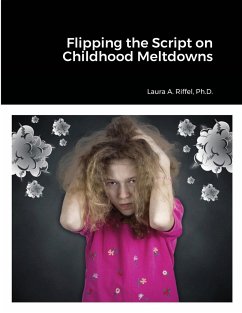
The Case of Sigmund Freud
Medicine and Identity at the Fin de Siecle
Versandkostenfrei!
Versandfertig in 1-2 Wochen
33,99 €
inkl. MwSt.

PAYBACK Punkte
17 °P sammeln!
"There is no category of supposed human beings that comes closer to the orangutan than does a Polish Jew", said a Bavarian writer, reflecting the eighteenth-century view that Jews were profoundly flawed. The Jewish body, popular opinion held, was malformed - from feet to nose - and predisposed to a host of illnesses ranging from the plague to hysteria. The Jewish soul had a peculiar stench. The Jewish libido had a tendency toward incest. The Jewish gaze was pathological, and precluded the possibility of unbiased observation. By the close of the nineteenth century, these ideas had found their w...
"There is no category of supposed human beings that comes closer to the orangutan than does a Polish Jew", said a Bavarian writer, reflecting the eighteenth-century view that Jews were profoundly flawed. The Jewish body, popular opinion held, was malformed - from feet to nose - and predisposed to a host of illnesses ranging from the plague to hysteria. The Jewish soul had a peculiar stench. The Jewish libido had a tendency toward incest. The Jewish gaze was pathological, and precluded the possibility of unbiased observation. By the close of the nineteenth century, these ideas had found their way into European medical journals, and the medical establishment was convinced that Jews were both diseased and perverted. It was an interesting time to be a Jewish physician. In The Case of Sigmund Freud, Sander Gilman traces the "medicalization" of Jewishness in the science and medicine of turn-of-the-century Vienna, and the ways in which Jewish physicians responded to the effort to incorporate this racist biological literature into medical practice. Focusing on the new science of psychoanalysis, Gilman looks at the strategic devices Sigmund Freud employed to detach himself from the stigma of being Jewish and shows how Freud's work in psychoanalysis evolved in response to the biological discourse of the time. In order to circumvent the prevailing debates about race, Gilman argues, Freud carefully formulated the particular biological charges against the Jew into a universal definition of a human being. As a consequence, his early psychoanalytic theories transcended the controversies about biological determinism, and yet remained framed by them.












